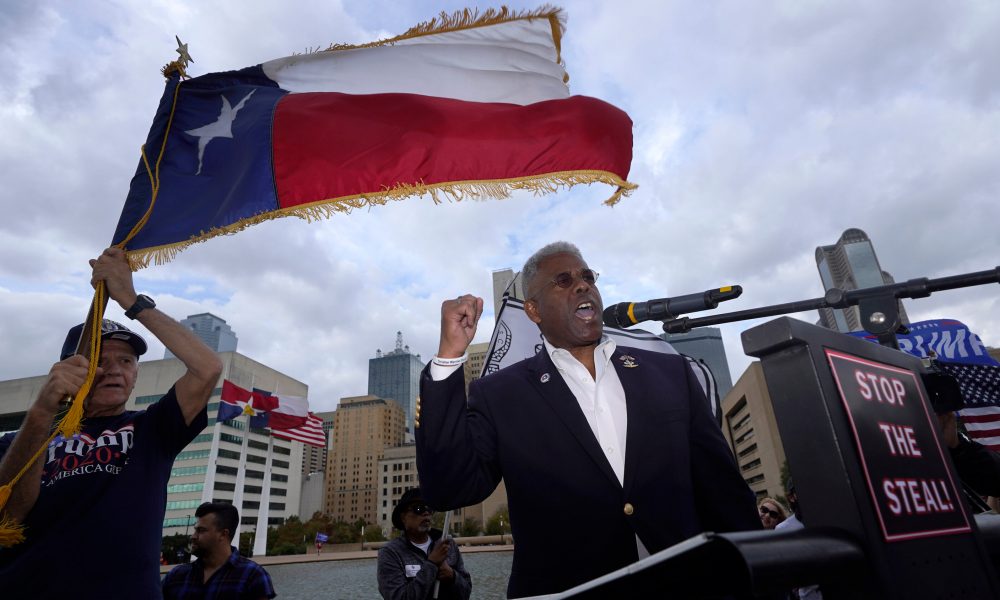While speaking at the annual Road to Majority Conference in Washington, D.C. on Friday, United States Secretary of Housing and Urban Development Ben Carson compared anti-abortion to slavery.
What We Know:
- Carson has used this same analogy dating back to 2015. He had made similar statements throughout the years in which he said slave owners treated slaves like property and think they could do anything they wanted to them. He continued “But there were others that said, ‘No, that’s [horrible]. There is no way I can participate in that.’ Then there were those abolitionists who said, ‘Not only do I not want to participate in it, I have to stand up for those who are being killed, who are being enslaved.’”
- He then made a comparison between people who are anti-abortion to slavery, “I used to be pro-choice. I said ‘I don’t believe in abortion but who am I to stop anyone else from doing it if they want to?’ What if the abolitionists had thought that way? Where would we be?”
- The retired neurosurgeon opposes all instances of abortion, including pregnancies resulting from rape and incest. However, if a woman’s life is in danger, there’s “room to discuss that.” In 2015 he said he ultimately wants to see the supreme court overturn Roe v. Wade and make the practice illegal.
- When asked whose right should be superseded, the mother’s or the child’s, Carson responded “In the ideal situation, the mother should not believe that the baby is her enemy and should not be looking to terminate the baby […] We’ve allowed the purveyors of the vision to make mothers think that that baby is their enemy and that they have a right to kill it.”
- Carson’s comments are similar to other pro-life politicians, including past Republican presidential candidates Mike Huckabee and Rick Santorum.
There have been a few states that have passed the heartbeat bill which makes abortion illegal. North Dakota was the first state to pass the bill in 2013 but was declared unconstitutional two years later. Louisiana, Missouri, Alabama, Georgia and Ohio all have passed the bill.



